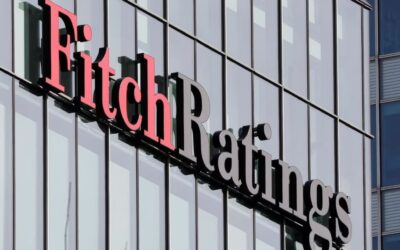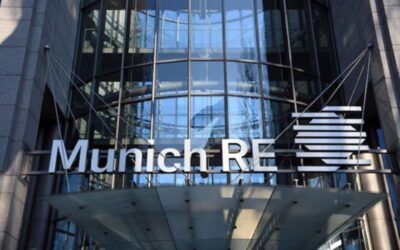In a recent move, the Bank of Israel raised the interest rate by 0.25%, causing a surge in anxiety among apartment buyers. According to a survey conducted by the Geocartography Knowledge Group and published by TheMarker, approximately 40.4% of mortgage borrowers are concerned about their ability to repay their mortgages, with 11.3% expressing a genuine fear of being forced to give up their homes due to the increasing burden of repayments. The survey involved around 1,000 participants and was conducted shortly before the interest rate increase.
The Association of Mortgage Consultants revealed that over the past year, the average monthly repayment on mortgages has increased by approximately NIS 1,150 per household. This rising cost of mortgages has created significant challenges for many individuals and families, impacting their daily lives and forcing them to seek solutions to cope with the financial strain, with some beginning to rely on credit cards.
Shira Greenberg, the Chief Economist at the Ministry of Finance, highlighted the trend of housing downsizing in response to the escalating mortgage costs. In her review published in April, Greenberg noted a significant increase in housing downsizers, who accounted for about a third of real estate transactions in March, compared to just 25% the previous year.
The impact of rising mortgage costs is evident in the housing market, with a reported 46% decrease in apartment sales in March compared to the previous year. The Geocartography Knowledge Group revealed that approximately 35% of potential homebuyers abandoned their plans due to increased mortgage costs. Of those individuals, 30% cited the rising mortgage expenses as the reason, while 57% attributed it to high apartment prices and difficulties in raising the required equity capital.
Dr. Rina Degani, Chairman of the Geocartography Knowledge Group, emphasised the significant public anxiety surrounding mortgages, which compounds existing security and economic concerns among the country’s residents. She noted that only a small percentage of individuals, likely those with lower mortgages or higher incomes, felt they could manage the increasing monthly repayments. The majority of borrowers require assistance and are actively seeking additional sources of income to alleviate the burden.
Clearly, the interest rate increase during the last twelve months dealt a severe blow to apartment buyers and mortgage holders. In addition, stubbornly high inflation, which currently stands at 5%, has also contributed to the increased cost of loan principal. Consequently, for many families who obtained mortgages in the past two or three years, the principal now exceeds the initial loan amount, meaning that their previous payments covered only the interest expenses.
However, despite the slowdown, developers are becoming more creative in their approach to attracting new buyers by offering extras, allowing buyers to pay 80%-85% of the transaction price upon delivery, and even absorbing the interest rate increase. However, experts do not see this newly developing trend remaining in place for a long time, as prices will likely rise again in the long run given Israel’s red tape associated with the construction sector and fast growing population.





0 Comments